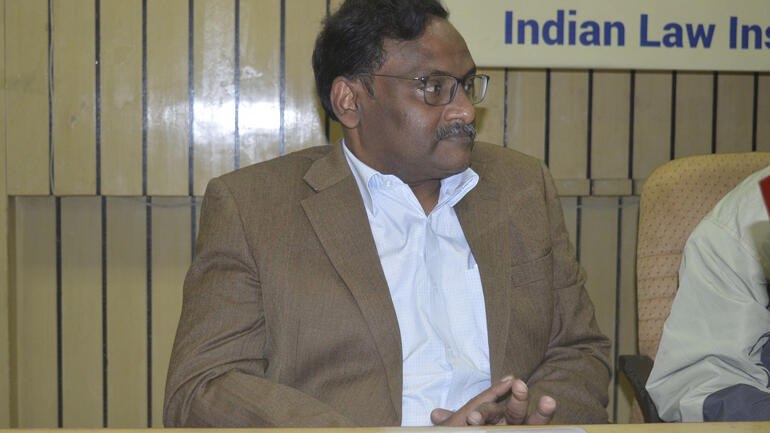Saibaba's story began as one of advocacy and activism. As a champion for the rights of marginalized tribal communities, he was no stranger to the challenges of dissent in India. His academic pursuits and advocacy for the underprivileged drew attention, but it was his arrest that catapulted him into the national and international spotlight.
Supporters of Prof. GN Saibaba argue that his trial lacked due process. They claim that his health deteriorated in prison, and allegations of inadequate medical care only deepened their concerns. His case became emblematic of broader issues related to political dissent, freedom of expression, and the treatment of individuals with disabilities in the Indian legal system. Human rights organizations and activists rallied behind Saibaba's cause. They launched campaigns, organized protests, and called for a fair trial, shining a light on the challenges faced by those who dare to challenge the status quo.
The story of GN Saibaba serves as a reminder that the pursuit of justice is a complex and often elusive endeavor. It underscores the importance of safeguarding fundamental rights and ensuring that the principles of due process are upheld, even in the face of controversy. The case of Prof. GN Saibaba shines a spotlight on the intersection of justice, human rights, and political activism in India.
As the case of GN Saibaba continues to unfold, it remains a symbol of the ongoing struggle for justice and human rights in India and a beacon for those who believe in the power of advocacy to effect change.
This brings us to this moment. United student advocacy for a man of resilience. This case is about academic freedom and basic human rights. This case is about struggle and hope. And this case is about collective efforts to challenge systemic injustice.
